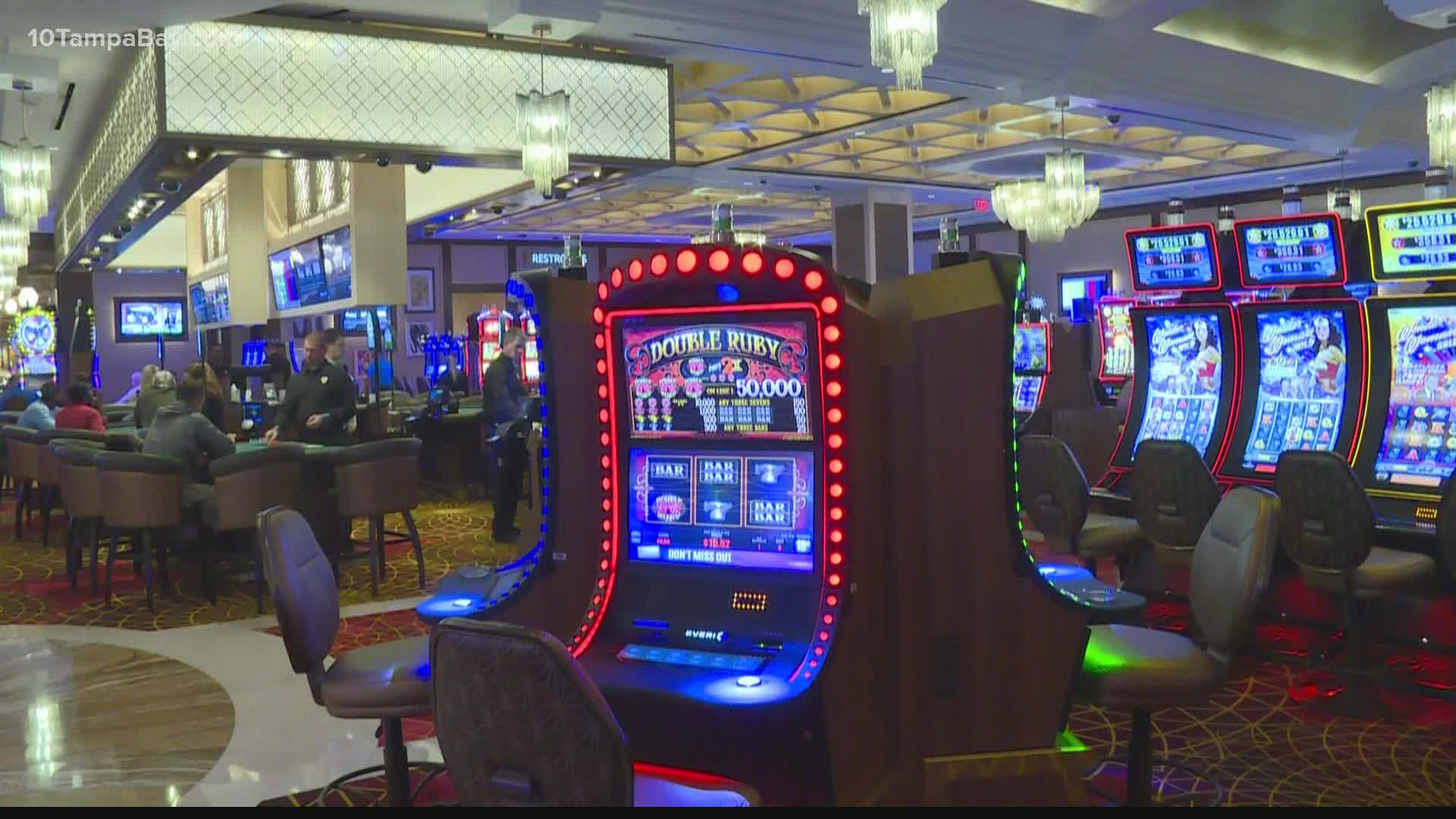TAMPA, Fla — A federal judge has dealt the State of Florida and the Seminole Indian Tribe a legal victory. The judge rejected a legal challenge to a compact that would bring legalized sports betting to Florida.
But some legal experts say don’t bet just yet on the compact holding up to other legal challenges coming in the next few weeks.
The compact between the state of Florida and the Seminole Indian Tribe allowed them to start offering online sports betting this past Friday. So far, that hasn’t happened due to what some assume is a combination of getting everything in place and waiting for legal rulings.
Florida Gov. Ron DeSantis‘ compact with the Seminole Indian Tribe - giving them exclusive control over sports betting in Florida - has survived the most recent legal challenge on Monday, when a federal judge ruled that other parimutuel operators who sued to stop the deal lacked legal standing.
Still, experts say the compact faces legal challenges citing other reasons.
“I think there’s a rush to proclaim Monday’s court ruling a victory for the Seminole tribe either don’t understand the issues in the case or are just cheerleaders,” said Attorney Daniel Wallach who specializes in sports betting law.
Wallach thinks the odds are against the compact. Especially because computer servers processing the bets are on Tribe property, but the people making those bets online or through apps aren’t necessarily.
“And other federal courts that have addressed this specific issue a federal law have held that the server location is not to be all and end all of where a bet takes place,” said Wallach. “That the focus should be on the location of the customer.”
Yet another suit questions whether the compact’s granting the Seminole Tribe table games like craps and roulette is a violation of amendment 3.
That amendment, passed in 2018, gives Florida citizens the right to decide issues related to gambling.
In a statement, the Seminole tribe acknowledged more legal challenges ahead, saying Monday’s ruling is an important first legal victory and that they look forward to future legal decisions in their favor.
But Wallach cautions anyone from assuming the compact will hold up to legal challenges being heard in Washington, D.C. and scheduled for November 5th.
“It will either be shut down on November 5th,” Wallach predicts, “Or at some later point in time when the federal court of appeals hears the issue.”

